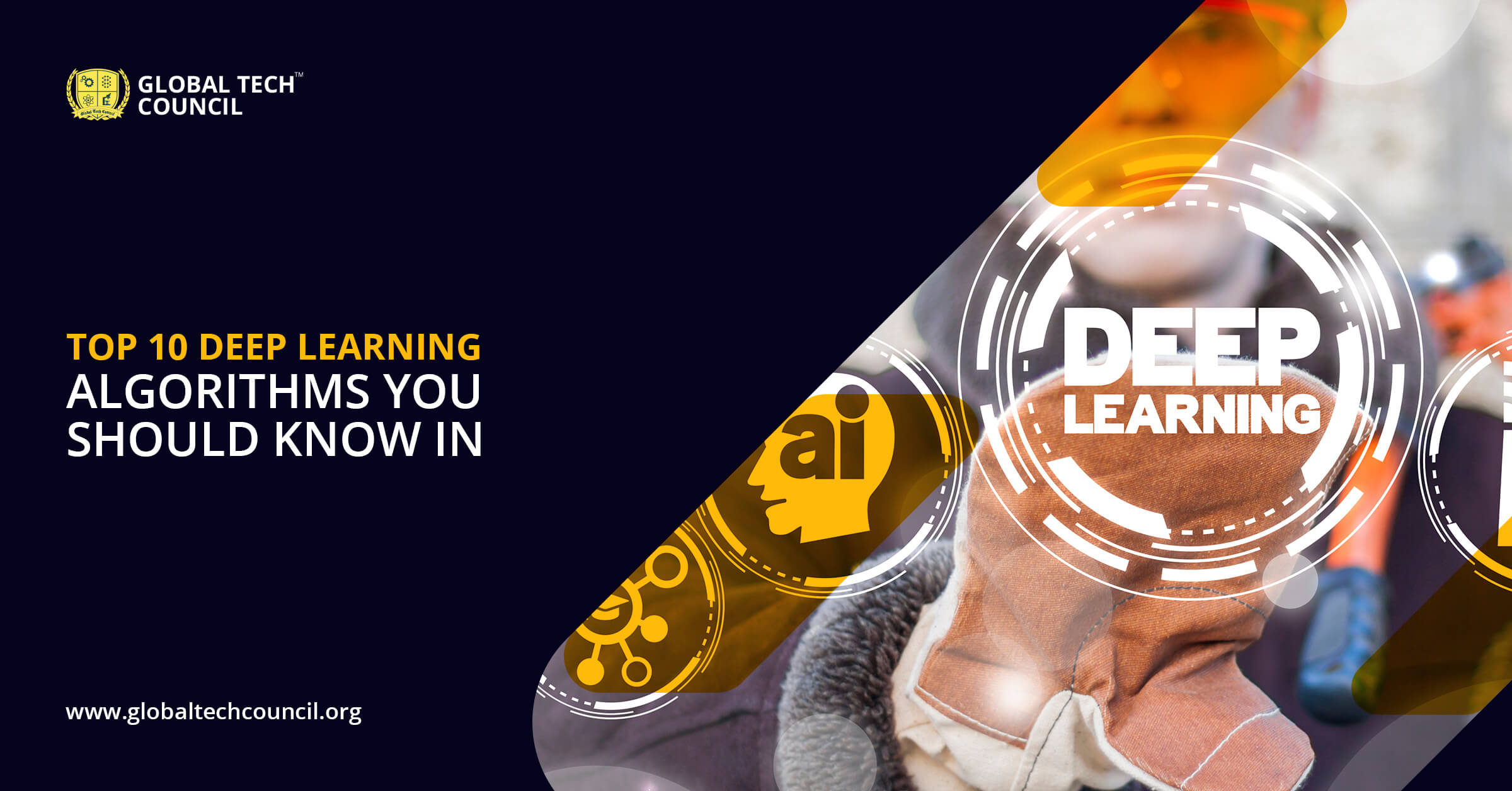
Deep Learning Algorithms in Gaming
Deep learning is a type of machine learning that uses artificial neural networks to learn from data. It is being increasingly used in gaming to create more realistic and immersive experiences.
How Deep Learning is Used in Gaming
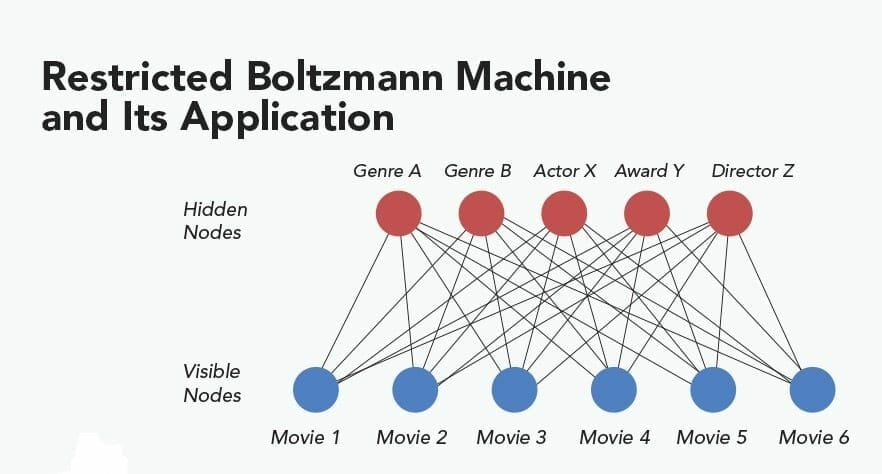
Deep learning can be used in gaming for a variety of tasks, including:
- Generating realistic graphics. Deep learning algorithms can be used to create realistic 3D graphics, even for complex scenes that would be difficult to render using traditional methods. This can be used to improve the visuals of games, as well as create new types of games that were not possible before.
- Improving AI opponents. Deep learning algorithms can be used to train AI opponents that are more challenging and realistic to play against. This can make games more challenging and engaging, and it can also help to create a more immersive experience.
- Personalizing games. Deep learning algorithms can be used to personalize games for each individual player. This can be done by tailoring the difficulty of the game, the content of the game, or the way the game is presented. This can make games more enjoyable and engaging for each player.
- Creating new forms of gameplay. Deep learning algorithms can be used to create new forms of gameplay that were not possible before. This can include games that are based on real-world simulations, games that are generated procedurally, or games that are played entirely by AI. These new forms of gameplay can open up new possibilities for gaming and create experiences that were not possible before.
Benefits of Deep Learning in Gaming
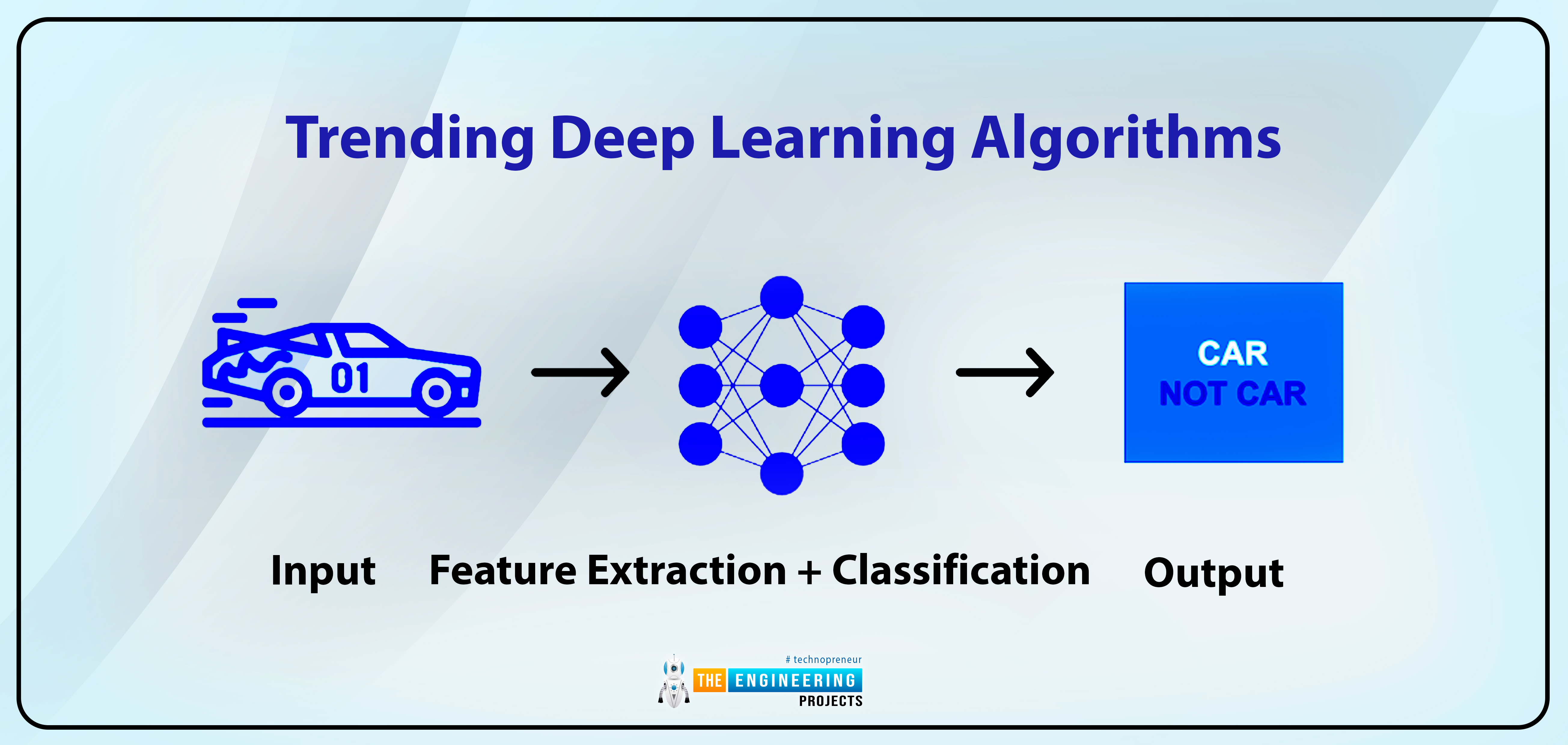
There are a number of benefits to using deep learning in gaming, including:
- Improved graphics. Deep learning algorithms can be used to create more realistic and immersive graphics, which can make games more enjoyable and engaging.
- More challenging AI opponents. Deep learning algorithms can be used to train AI opponents that are more challenging and realistic to play against. This can make games more challenging and engaging, and it can also help to create a more immersive experience.
- Personalized gaming experiences. Deep learning algorithms can be used to personalize games for each individual player. This can be done by tailoring the difficulty of the game, the content of the game, or the way the game is presented. This can make games more enjoyable and engaging for each player.
- New forms of gameplay. Deep learning algorithms can be used to create new forms of gameplay that were not possible before. This can include games that are based on real-world simulations, games that are generated procedurally, or games that are played entirely by AI. These new forms of gameplay can open up new possibilities for gaming and create experiences that were not possible before.
Challenges of Deep Learning in Gaming
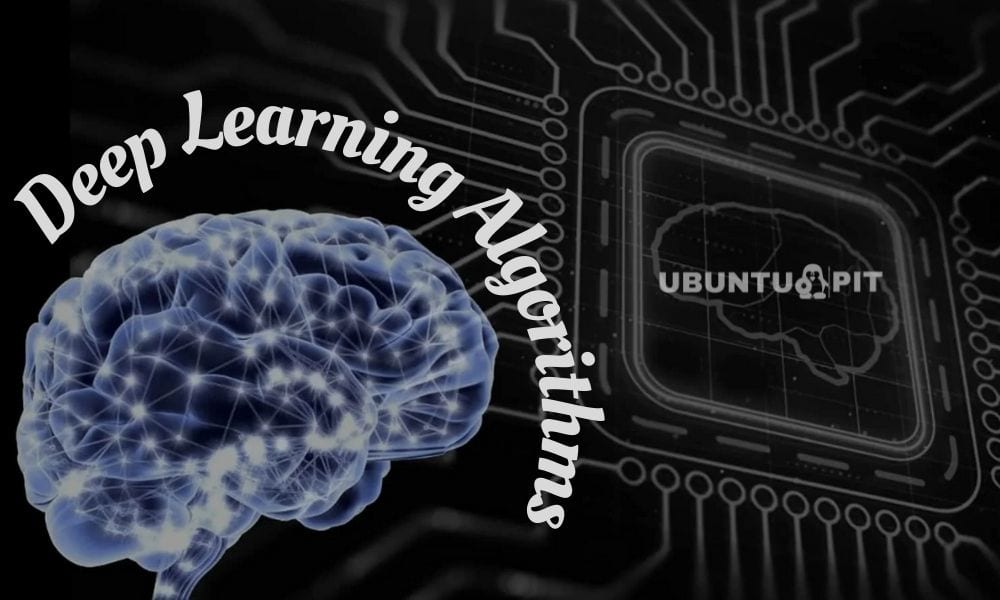
There are also a number of challenges to using deep learning in gaming, including:
- The need for large amounts of data. Deep learning algorithms require large amounts of data to learn from. This can be a challenge for games that are not played by a large number of people.
- The need for powerful hardware. Deep learning algorithms can be computationally expensive to train and run. This can be a challenge for games that are played on mobile devices or other platforms with limited hardware resources.
- The need for skilled developers. Developing deep learning algorithms for games requires a high level of expertise. This can be a challenge for game developers who do not have a background in machine learning.
Future of Deep Learning in Gaming
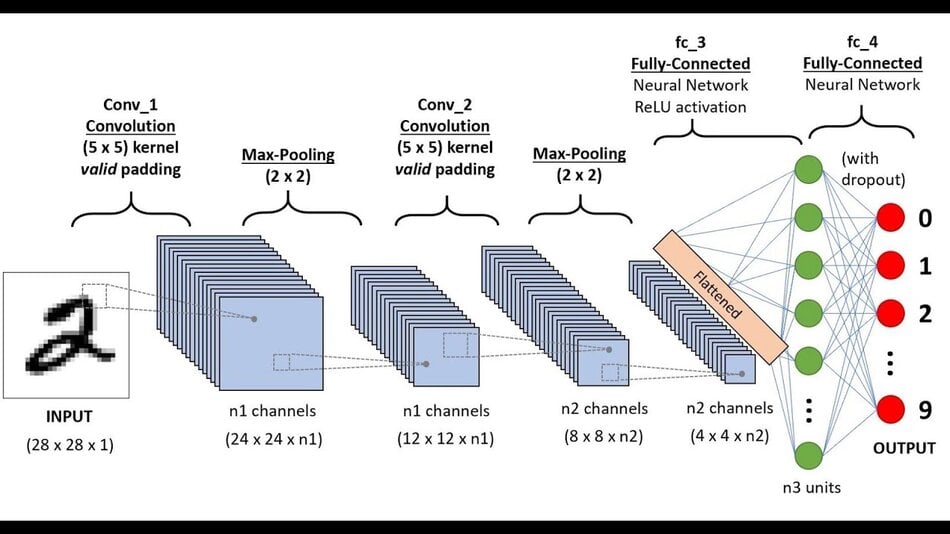
The future of deep learning in gaming is very promising. As deep learning algorithms become more powerful and efficient, they will be able to be used to create even more realistic and immersive gaming experiences. This will lead to new forms of gameplay that were not possible before, and it will make games more enjoyable and engaging for everyone.
Here are some specific examples of how deep learning is being used in gaming today:

- Google DeepMind has developed a deep learning algorithm called AlphaGo that can beat professional human players at the game of Go. AlphaGo is able to learn from its mistakes and improve its gameplay over time.
- OpenAI has developed a deep learning algorithm called Five that can beat professional human players at the game of Dota 2. Five is able to learn from its mistakes and improve its gameplay over time.
- Ubisoft has developed a deep learning algorithm called Deep Flow that can be used to create realistic 3D graphics for games. Deep Flow is able to learn from real-world data and create realistic images that are indistinguishable from real-world objects.
- Epic Games has developed a deep learning algorithm called Megascans that can be used to create realistic 3D models of objects. Megascans is able to learn from real-world data and create models that are highly detailed and accurate.
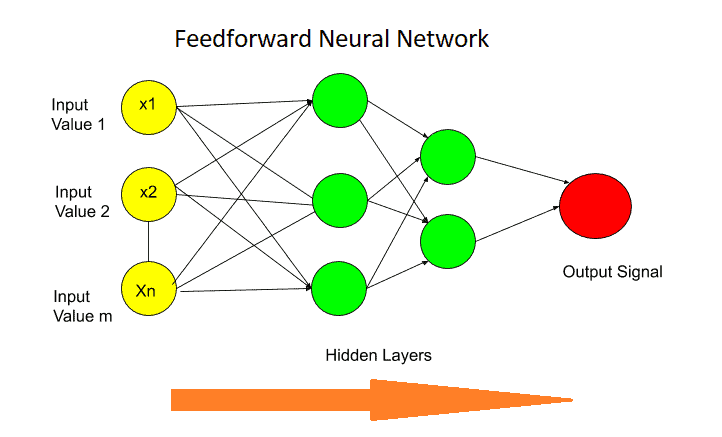
These are just a few examples of how deep
Post a Comment